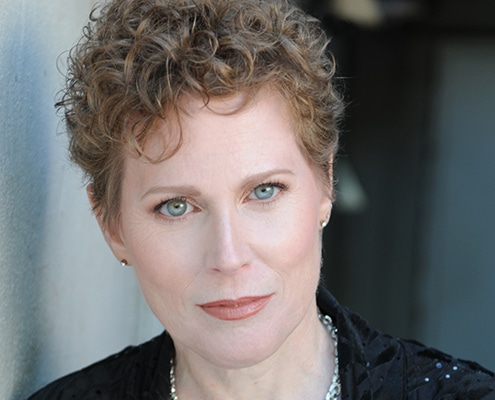The Azrieli Commission for Canadian Music is open to all Canadian composers with the aim of encouraging a deep engagement with the complexities of composing concert music in Canada today*.
*Please see below the Foundation’s reflection on what constitutes Canadian music to ensure that the proposed work complies with its definitions.
Focus: Works for Choir, Symphony Orchestra and optional soloist(s)
A commissioning prize of $50,000 CAD is awarded biennially to the composer who proposes a response to this challenge that displays the utmost creativity, artistry, technical mastery and professional expertise.
The musical work resulting from the Commission will be:
- premiered at the AMP Gala Concert during the 2026/2027 season
- given two subsequent international premieres; and
- professionally recorded for a future commercial release.
The winning composer is expected to attend the rehearsals, performances and recording of their prize-winning work, and will be publicly honoured at the AMP Gala Concert in Montreal.
Altogether, the total prize package for the Azrieli Commission for Canadian Music is valued at over $200,000 CAD.
















